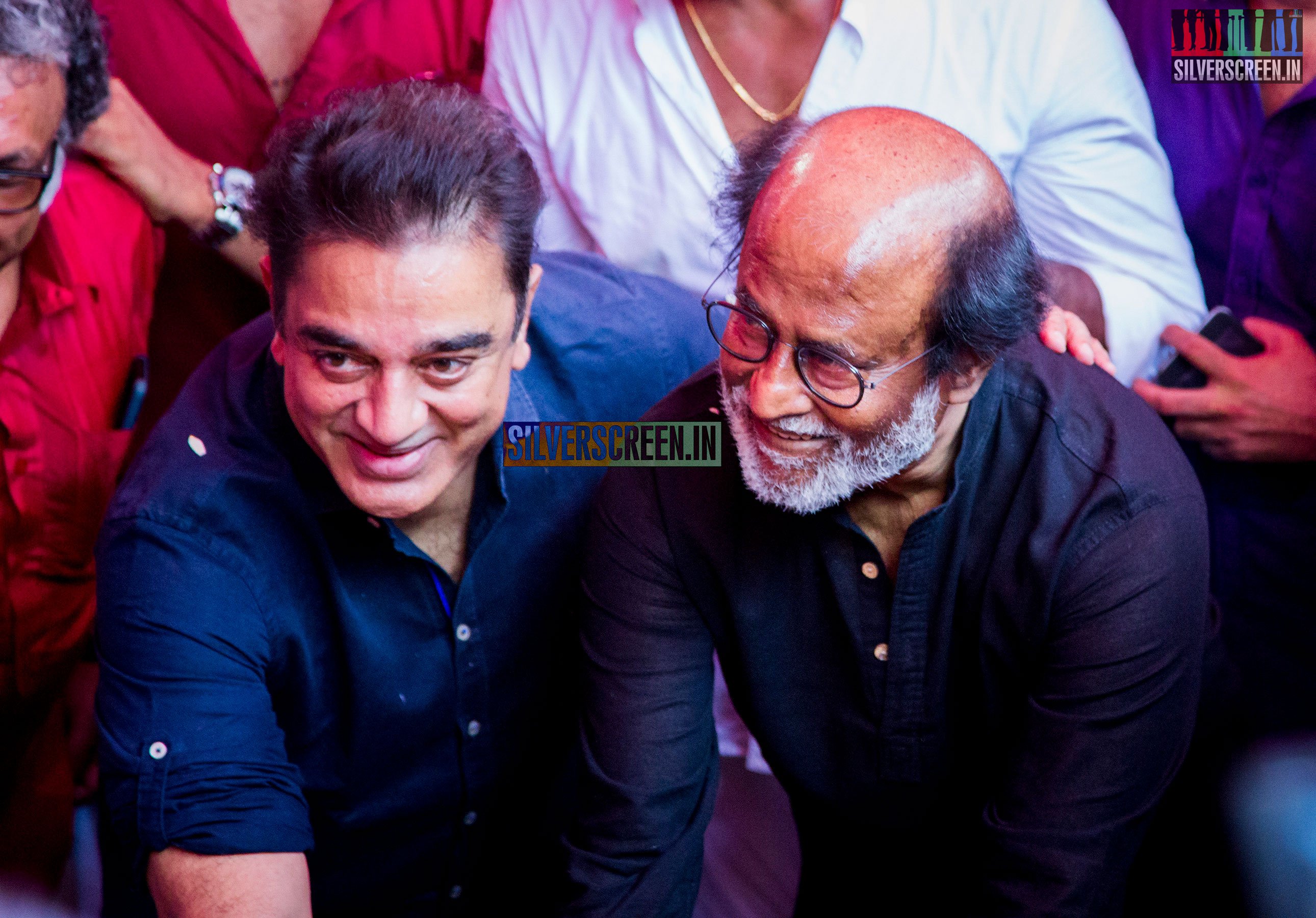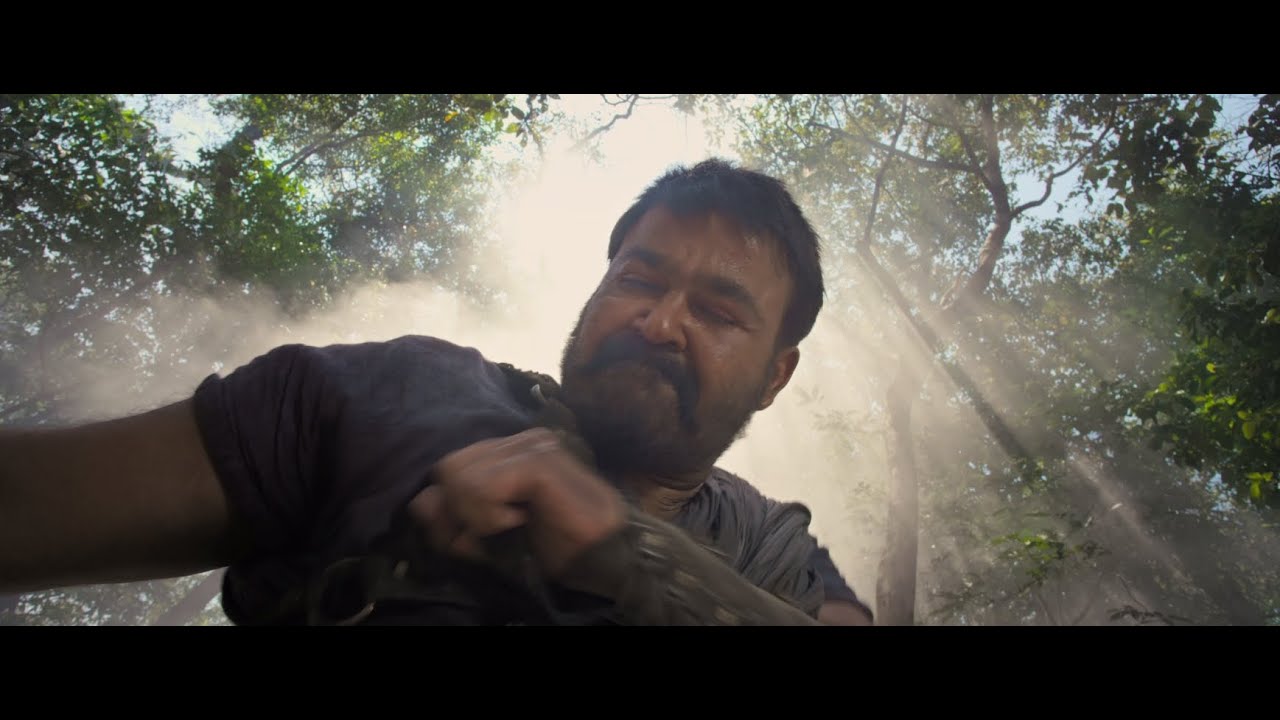Director: Shonali Bose
Cast: Priyanka Chopra Jonas, Farhan Akhtar, Zaira Wasim, Rohit Suresh Saraf
The idea of motherhood in Bollywood is a loaded subject and Shonali’s intervention with The Sky Is Pink is interesting, even as an academic idea. What is a grieving mother supposed to look like? There’s even a self-aware, unexpected quip about this in the movie from the narrator, the dead Aisha, as we stare at her body. What are grieving parents supposed to be talking about? What happens to relationships after the death of a child? There’s an inherent sense of taboo in each of these questions. While Shonali’s previous film Margarita With A Straw looked at taboo by zooming in on its subjects and asking us to gaze at the problem instead of looking away, with The Sky Is Pink, she’s almost saying ‘zoom out and see what life is really all about’. The surprising lightness with which the film runs, the ‘okay we are about to talk about the death of a child, but there’s more, hang on’ vibe of the movie is in itself an uncomfortable feeling.
Confronting mortality is not easy. Not in life. Not in art. The Sky Is Pink seems like Shonali Bose’s attempt at reclaiming a narrative. At seeking to shift our gaze. Daring us to feel something other than sympathy for its lead characters. The Sky is Pink is based on real people, so it becomes very difficult to separate how one is supposed to feel about this tragedy and this movie — which merge into one towards the end as credits roll. Shonali has also said that she wanted to make this film because of the loss of her own teenage son. All of these weighed on my mind most definitely and also shifted the way I looked at the film, ever-so-lightly.
The film follows Niren (Farhan Akhtar) and Aditi’s (Priyanka Chopra Jonas) life as it’s torn asunder when their third child Aisha (Zaira Wasim) is born with a rare genetic disorder, SCID. The couple has already lost a child to the disease and has a son, Ishaan (Rohit Suresh Saraf) for whom they’re trying to make life as normal as possible as well.
Priyanka Chopra is every bit convincing as Aditi, the tiger mom except instead of academics here she’s micromanaging her sick child’s life — throwing herself into the problem, giving up all semblance of a life of her own. That she has a complex, rich back story that involves motherhood and faith, things that we get in a Hindi movie rarely and only because here we have a female filmmaker investing heavily in her lead woman, adds to how we see her and Niren.
Every time Priyanka draws her children into her arms, she looks like she’s living the life of that mother. And she’s glowing, almost ethereal in every single frame. I know she looks nothing like the older woman she’s supposed to look like, but I was really willing to look past that because how many men in their 50s and 60s have we seen play younger men, romancing women their daughter’s age, without a choice? This little niggle pales in comparison. Farhan Akhtar as Niren looks bogged down, understanding the enormity of what life has dealt him with, in the most moving parts of the film. But he’s also funny, loving and most of all earnest. Akhtar delivers a very affecting portrayal that lends dignity to his role. In many parts of the film, he easily upstages everyone on screen.
There are two songs still ringing in my ears, after the film. Dil hi to hai, the way it’s been pictured (it is Aditi and Niren’s flashback, a very well staged romance in Delhi is almost a throwback to the Mani Ratnam of way back) marks a shift in Shonali’s approach to filmmaking, in embracing a more Bollywood than an indie vibe. And why shouldn’t she when she’s assembled a very Bollywood cast? Dil hi to hai is also a wonderful song with light-as-air music by Pritam and Arijit Singh’s voice oozing charisma. But the real hero of the song of course is Gulzar in superb (playful) form — sample this — Har chhat pe chadke patang udake raazi, na pucho ye dil hai munshi, magistrate, qaazi. The other song, MEMBA – For Aisha, plays as the end credits come on and Shonali makes a few heartbreaking/warming announcements. The song’s been composed by the real Ishaan (a musician) for the Aisha this movie is based on. It is a fantastic song, that captures something very real, even about the perspective the film provides — with a truly authentic sound.
The most curious thing about The Sky is Pink is how the laughs and tears come unbidden, as the story unfolds. In my show, for instance, something sad was playing on-screen and the audience was laughing, something not-so-serious was on and people were wiping off tears.
When you’re entrusted with someone else’s real story, particularly something as deep and personal as the death of their child, your job as a storyteller becomes so much more complicated. That Shonali chose to tell this story as Aisha, the young teenager who’s ‘bursting with happy hormones’ but is also dying, is a complicated device that pays off for most parts. Did the fact that Aisha called them Moose (Aditi), Panda (Niren), and Giraffe (Ishaan), come in the way of taking some of the emotions on screen seriously? That’s up for debate and it definitely didn’t work for me. Zaira Wasim as Aisha, though, channels that cutesy precocious vibe rather well. It’s a pity we’ll see no more of her as an actor.
Recommended
In the end, The Sky is Pink is really a love story. Of a couple who despite all odds manage to make their relationship work. It is also about how loved ones’ illnesses are truly hard for caregivers, emotionally. By focussing on caregivers and how they suffer, even if they are ‘well-dressed’ and doing well in their careers, Shonali makes a quiet statement. That ‘The Sky is Pink’ quip comes from Ishaan and not Aisha, in the film, is also a sweet tribute to a son who perhaps had to grow up quickly to make space for the unwell sister.
The Sky is Pink review is a Silverscreen original article. It was not paid for or commissioned by anyone associated with the film. Silverscreen.in and its writers do not have any commercial relationship with movies that are reviewed on the site.



